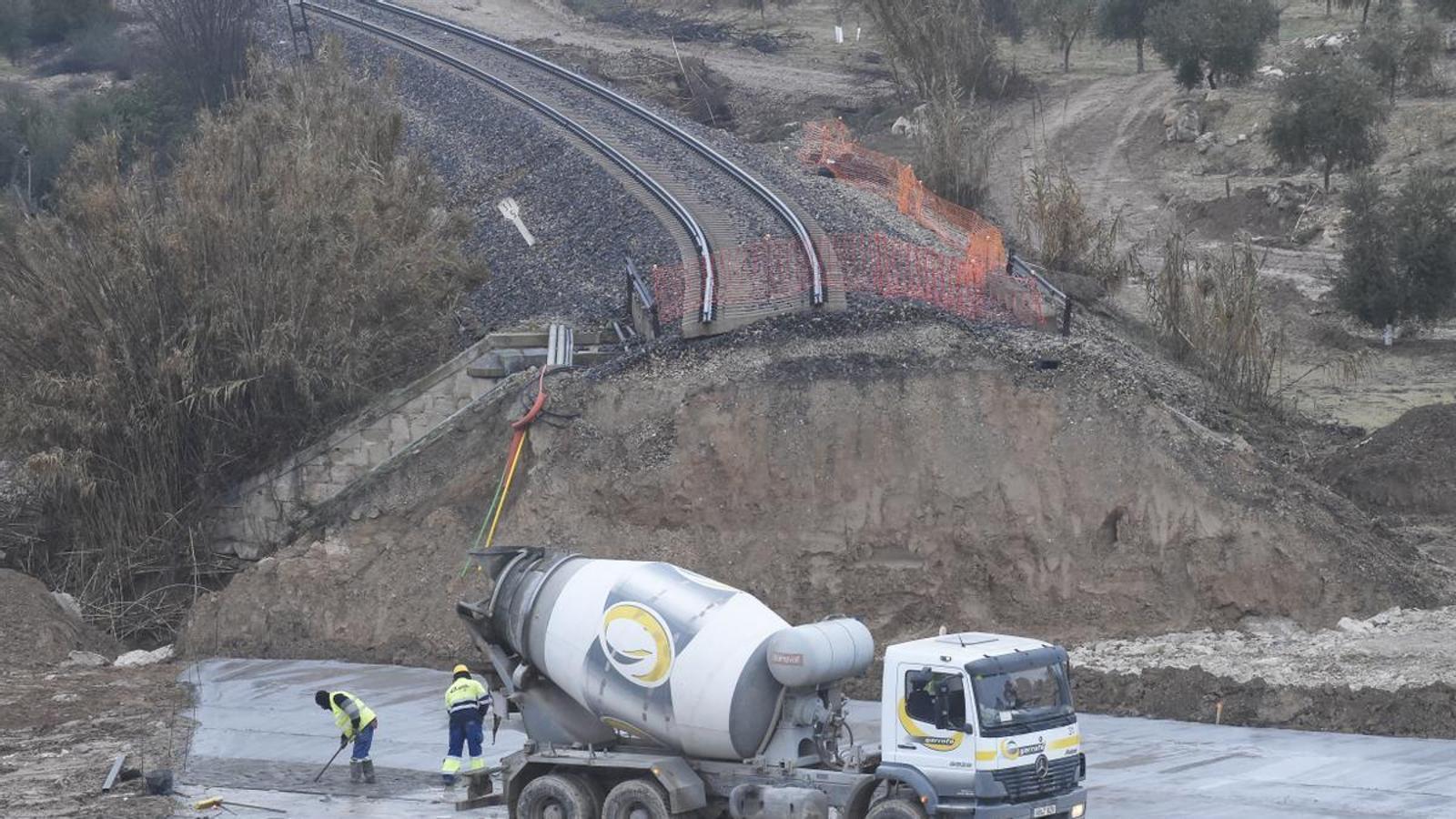State investment in Catalonia: the same old disappointment


History repeats itself. Decades go by, governments change, we have moved from disaffection to the Independence bid, and from the Independence bid to repression and supposed dialogue. In practice, however, the result ends up being the same: whatever the promise of budgetary investment, in the end execution of planned investment always falls short in Catalonia. There is no way to get the State to comply. In 2021 it happened again, and by quite a large margin. A responsible state, truly concerned about giving fair treatment to a region that is especially relevant in economic terms and, moreover, with a political situation which could potentially lead to a rupture, should be the most interested in giving Catalonia a fair treatment. Yet this is not the case and, if we look at the data, it does not look as if it is about to change. According to a study by the Barcelona Chamber of Commerce in 2020, since 2001 and up to that date the State failed to invest 25% of what it had budgeted for Catalonia. In total, €8bn.
In 2021, in a supposed moment of healing wounds and finding a way out of the dispute over sovereignty – at least this was the official rhetoric coming from the Spanish government – paradoxically things have been even worse: the Spanish government's budgetary execution in Catalonia was only fulfilled by 35% in terms of real region-by-region investment. In other words, non-compliance was 65%. A total €739.8m was invested, according to data from the Spanish Ministry of Finance, out of a total €2.1bn foreseen in the budget. In addition, of the total investment which can be attributed to different regions, Catalonia received 9%, a figure that is far below its weight in Spanish GDP. In addition, the long-standing comparative disadvantage with Madrid persists. In 2021, the Madrid region received twice as much investment as was foreseen in the budget: it was to receive €1.2bn (8.9% of the total that can be attributed to regions) and instead it received €2.1bn, 184% of the budgeted amount. Why does it never happen the other way around? Why does Madrid never get shortchanged and Catalonia overpaid?
Data like this only serves to deepen a widespread Catalan distrust, and give it even more reasons. Before the outbreak of the independence movement, there were serious attempts by Catalan nationalism to move towards a different fiscal arrangement, where Catalonia could collect its own taxes. The radical and categorical refusal of those proposals was, to a large extent, responsible for the political wave that followed. What has followed has been fine words and very few deeds, and not only in economic terms. In any case, as these figures show, the reality continues to be stubbornly and painfully unequal when it comes to the execution of investment. The centralist inertia of the State administration remains: the convulsive historical period we have lived through does not seem to have changed its sensitivity towards Catalonia, not even with the first progressive Spanish coalition government, supported by pro-independence parties. These are very disappointing facts.
